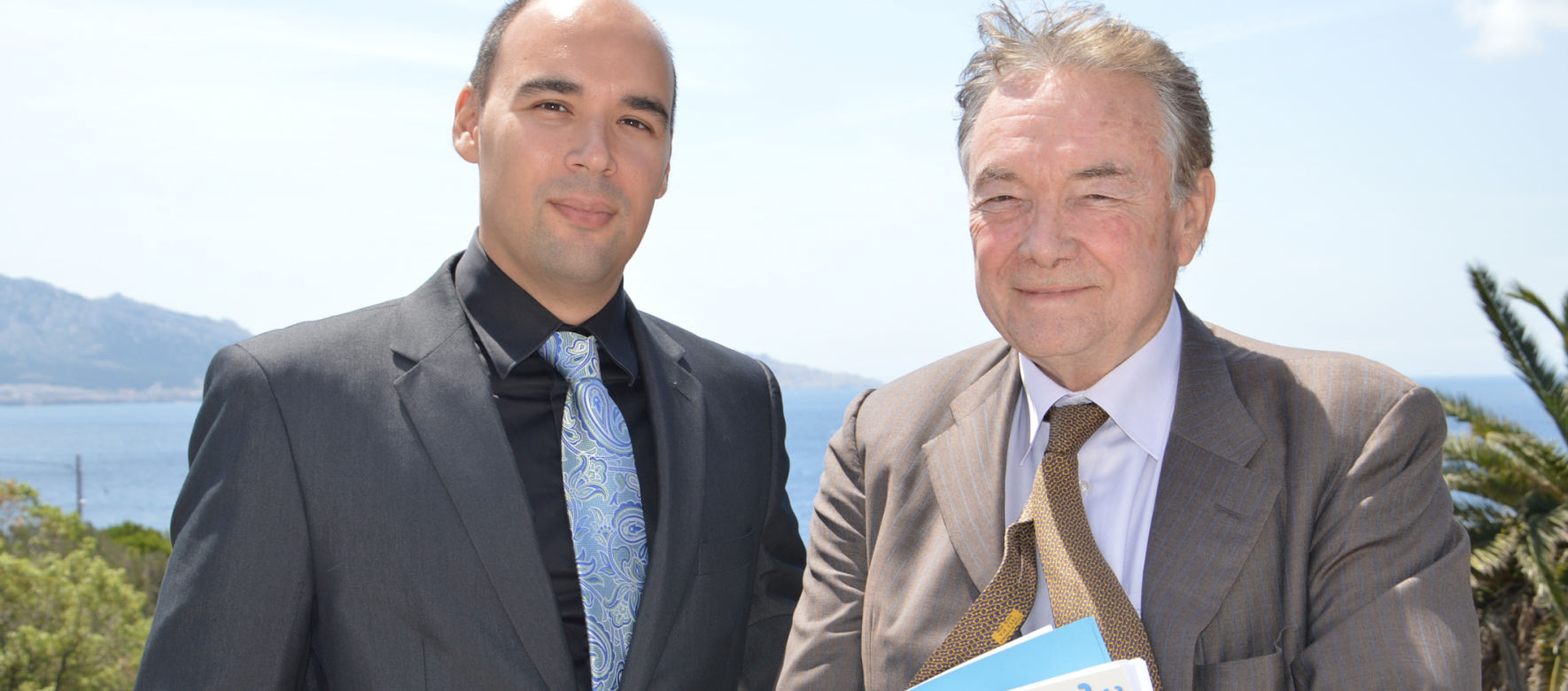The Union for the Mediterranean seems more fragmented than ever since the 2008 financial crisis. The pandemic has only worsened an already fragile economic situation. On the north shore, Italy, Spain and Greece falter when on the south shore, the political situation remains unstable and remains a brake on investments, particularly in Egypt, Tunisia and Algeria.
“Egypt is going straight into the wall. The private sector refuses to invest given the importance of political risks. The military took over from the Hosni Mubarak regime. Tunisia is on the brink of a debt crisis. Civil war is raging in Iraq and Turkey in particular. Mediterranean integration, this dream can only be realized if a certain stability is achieved in the region. The revolution is roaring in the streets in Iran, Lebanon, Sudan, Algeria, the citizens are on the verge of revolt.
We have come back to the period of the Barcelona process. The drop in the price of a barrel is a real problem and it is essential that economies be more diversified ”, analyzes Ishac Diwan, professor of economics at Paris Sciences et Lettres, invited to participate in a webinar, on March 30, 2021, on “New ways to strengthen Mediterranean integration”.
Focused on construction and energy, the economy must diversify
This is also the theme of a report published earlier this year by the Center for Mediterranean Integration (CMI). Its author, Blanca Moreno-Dodson, director of the CMI based in Marseille, insists in this document, the need to improve access to finance, the training of the workforce, advocates the development of human capital while insisting on inclusion to reduce social imbalances.
“Integration in the Mediterranean requires eliminating tariff and non-tariff barriers, lifting the brakes to improve attractiveness to investors while promoting inclusion and achieving territorial cohesion”, underlines Blanca Moreno-Dodson.
Supporting figures, it shows that foreign direct investment is mainly made in the energy and construction sectors. According to her, migration is also a determining element of Mediterranean integration, as is the acceleration of trade liberalization.
Reluctance of investment funds
“The lack of investment funds in the Mediterranean poses relocation difficulties due to the lack of comparative advantages,” observes the director of the CMI. For Hyppolyte Fofack, chief economist and research director at the African Import-Export Bank (Afreximbak), technology is the missing link in improving trade and value chains. “It will be the engine of growth thanks to AI, big data, robotics and 3D. Geographical proximity is no longer necessary “, comments Hyppolyte Fofack. The challenge, he says, will be connectivity and network expansion.
Another key element to successful integration in the Mediterranean is youth and their ability to innovate. “There is a need to give young people a creative dimension by changing the ecosystem. The way out of the crisis will depend on the ability to place oneself in the new economy.
The crisis has generated awareness among politicians of the importance of the environment. This will be the challenge for the next ten years “, comments Jean-Louis Reiffers, founder of the Second Chance Schools network, honorary dean of Aix Marseille University and former coordinator of the Femise network.
Analyzing the case of Morocco, Uri Dadush, Professor of Economics at the University of Maryland, notes an improvement in the standard of living in the Cherifian kingdom of “1.5 times greater than the previous generation” and an “increase in FDI up to ‘at 3% of GDP’ which inserts the country into the international value chain. Uri Dadush also observes a healthy economic situation, despite the health crisis which is degrading the economies in the North of the Mediterranean.
“In Europe, Spain, Italy and Greece have underperformed for ten years. “, He observes while pointing to the persistence of inequalities in Morocco which exacerbate social and political tensions. For Uri Dadush, the regime is nevertheless less able to accept change and pursue its reforms.











Réagissez à cet article